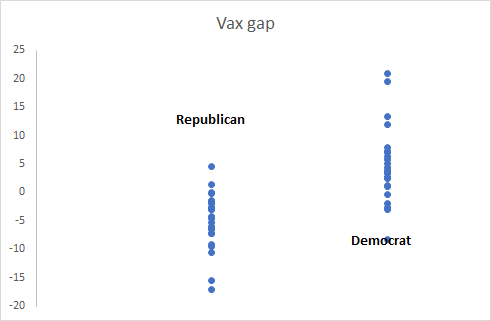
Thinking aloud: so this story talks of the cost of a support package running to "several billion pounds", and with that much taxpayer money on the line, the political question will be: to whose benefit is this going? A variety of answers: 1/
ft.com/content/684e4e…
ft.com/content/684e4e…
The most acceptable (though maybe not to economists) would be: the taxpayer £ in effect shields vulnerable energy consumers from facing the full cost of energy for a while, indirectly. Paying companies to price at a loss while the spike persists 2/
The least acceptable: funds bail out equity investors who gambled unsuccessful on a strategy that involved harvesting consumers with low apparent prices, taking a risk that wholesale prices don't rise, going bust if it fails, pocketing the profit if it succeeds. Unlikely! 3/
In between: solvent, well-run companies have to absorb more of the energy costs associated with e.g. renewables when a smaller one goes bust, as well as their poor pricing strategies. They see this as unfair, and it discourages them from stepping in. So the taxpayer £ helps 4/
Would normally assume a free marketeer like the SOS BEIS would be revolted with all this; but as an experienced energy minister, he will know this is not a normal market. Consumers cannot be denied service. But I wonder if the 2010-16 strategy of max entry has run out of road 5/5
• • •
Missing some Tweet in this thread? You can try to
force a refresh








